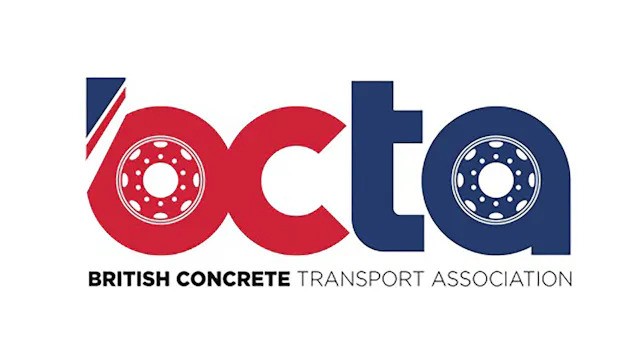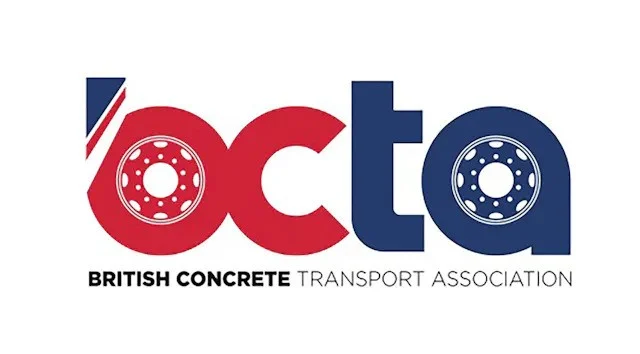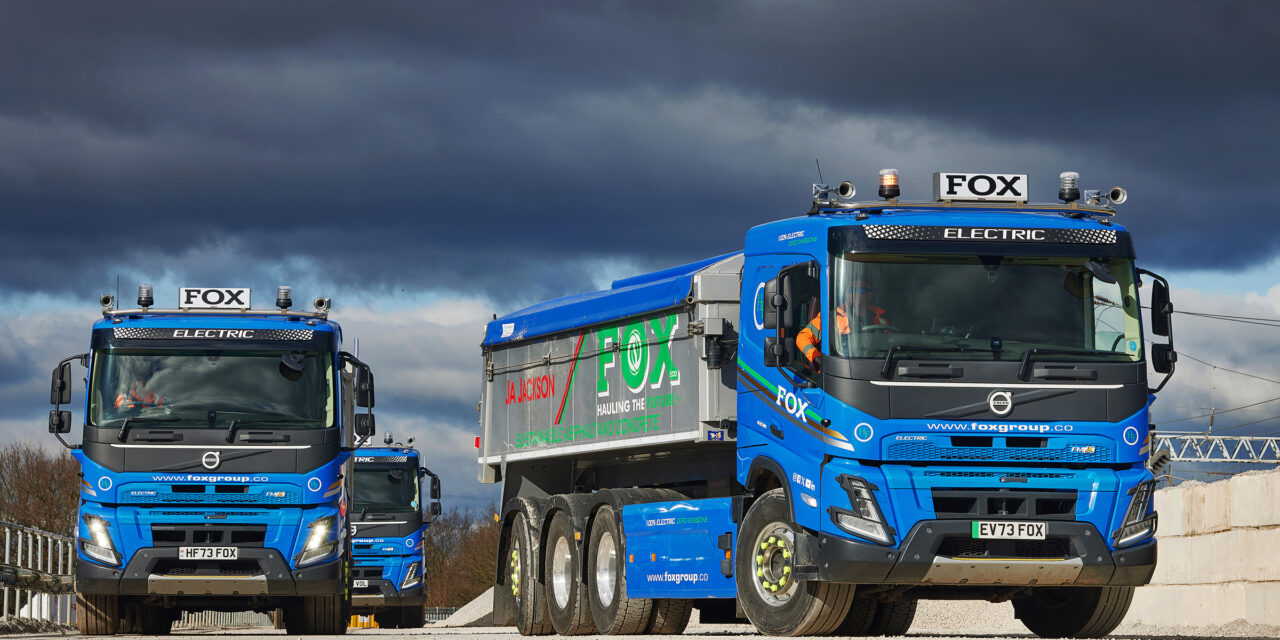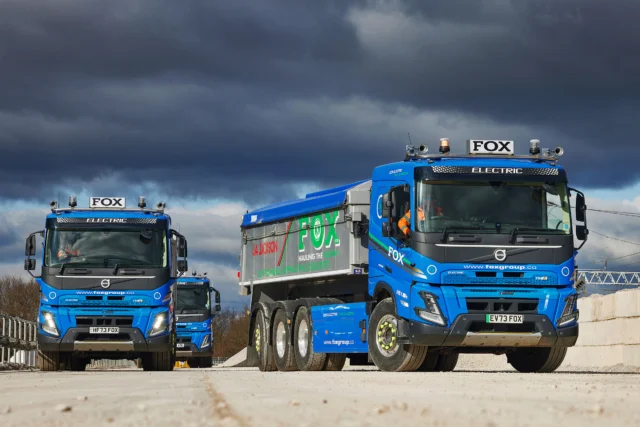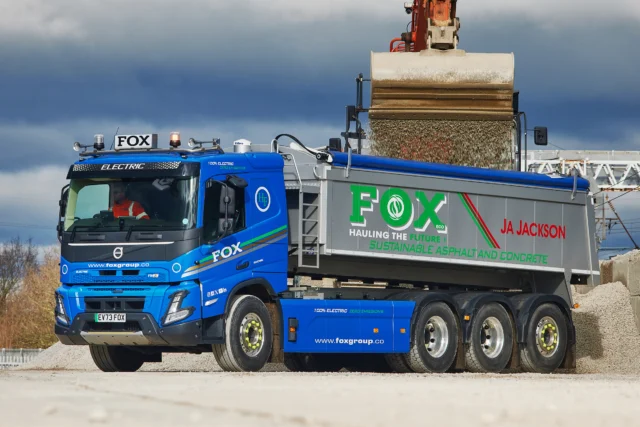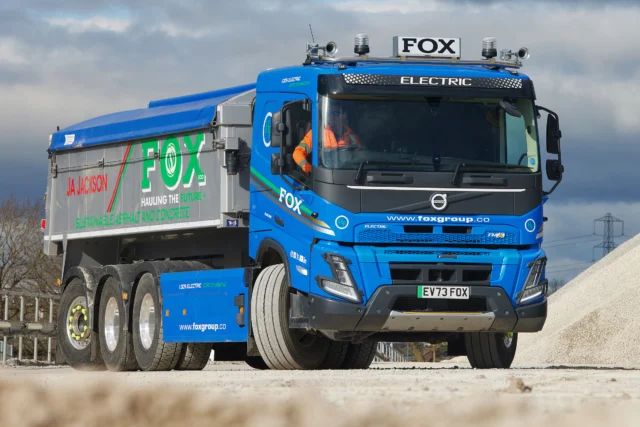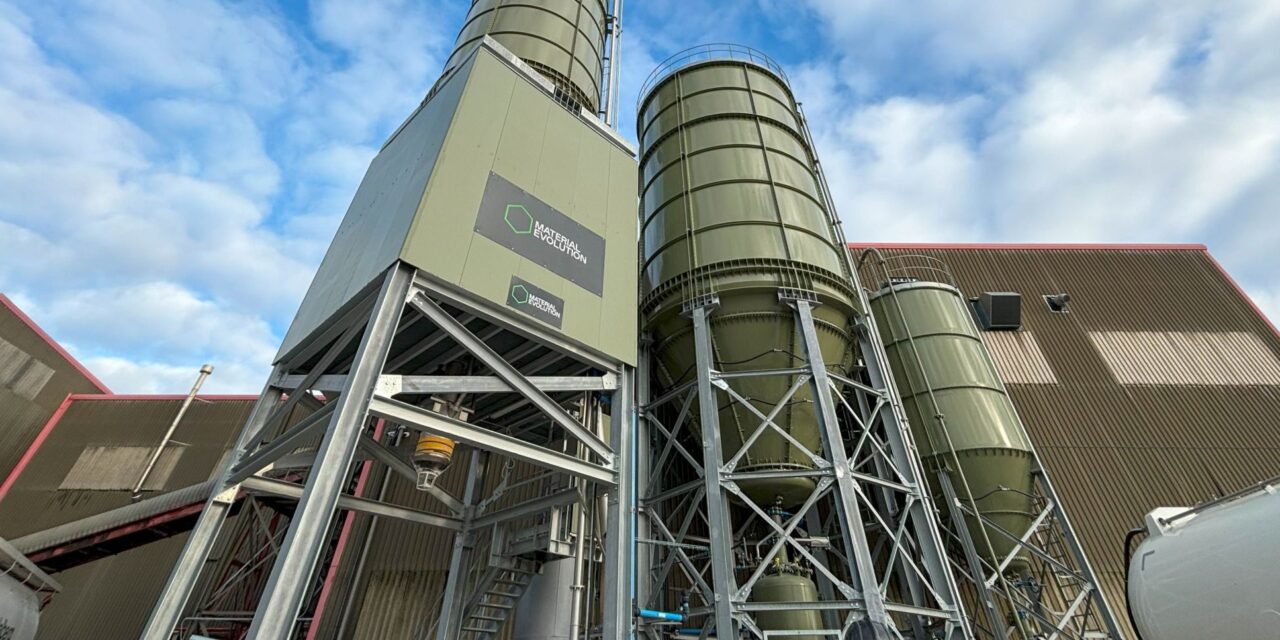
The UK’s commitment to reducing carbon emissions in the construction sector has taken a monumental step forward with the opening of the country’s largest ultra-low carbon cement plant in Wrexham. This innovative facility, built by Material Evolution is set to revolutionise the industry by providing a sustainable alternative to traditional cement production, aligning with the government’s ambitious net-zero targets.
The Role of Ultra-Low Carbon Cement in Sustainable Construction
Cement production accounts for a significant proportion of global CO₂ emissions. The advent of ultra-low carbon cement aims to address this by incorporating alternative materials and advanced technologies. The new plant in Wrexham employs a cutting-edge process to replace a substantial percentage of clinker—a primary contributor to cement’s carbon footprint—with industrial by-products and locally sourced materials.
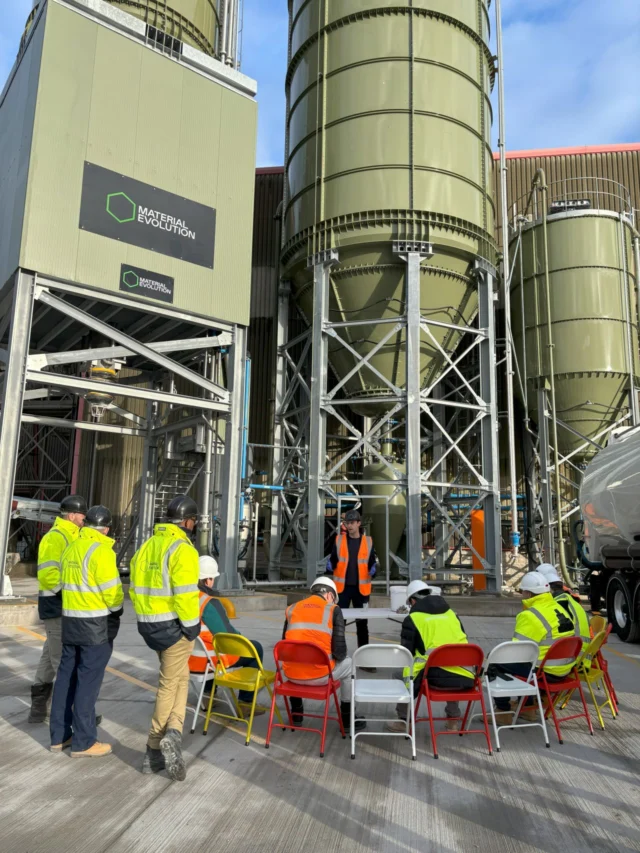
Key Features of the Plant:
- Advanced Manufacturing Techniques: Utilises innovative methods to reduce energy consumption and emissions.
- Circular Economy Integration: Incorporates waste materials from other industries, reducing landfill dependency.
- State-of-the-Art Monitoring: Implements real-time carbon tracking and optimisation systems.
Strategic Location and Economic Impact
The plant’s establishment in Wrexham is strategically significant. Its proximity to major construction hubs in the UK ensures streamlined supply chains, reducing transportation-related emissions. Furthermore, the facility is expected to generate numerous local employment opportunities, bolstering the regional economy.
Innovations Driving Change
The plant’s technology portfolio includes:
- Alternative Fuels: Reduces reliance on fossil fuels by integrating renewable energy sources.
- Carbon Capture Utilisation and Storage (CCUS): Pioneers methods to trap and repurpose emissions.
- Digital Twin Systems: Enables predictive maintenance and optimised energy efficiency.
Environmental and Industry Impact
Carbon Footprint Reduction
The plant is projected to cut CO₂ emissions by up to 70% compared to conventional cement facilities, significantly contributing to the UK’s decarbonisation goals.
Industry Leadership
This development positions the UK as a leader in green construction technologies, fostering collaborations across Europe and beyond.
Future Prospects
The Wrexham plant is a blueprint for the future of sustainable construction. It not only aligns with global environmental goals but also sets a precedent for industrial innovation in other high-emission sectors. As the demand for eco-friendly construction materials grows, this facility is expected to catalyse further advancements in sustainable building practices.






